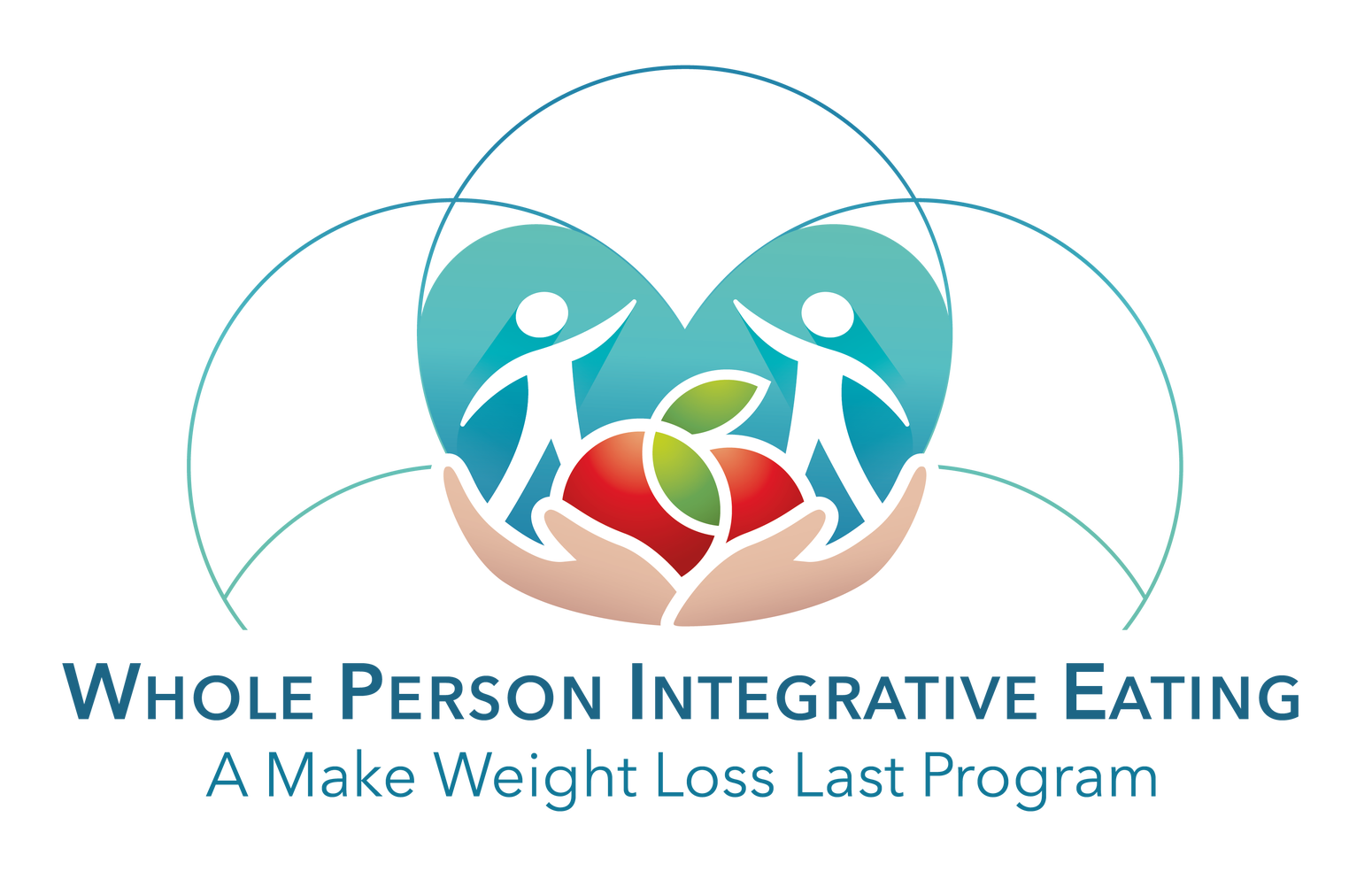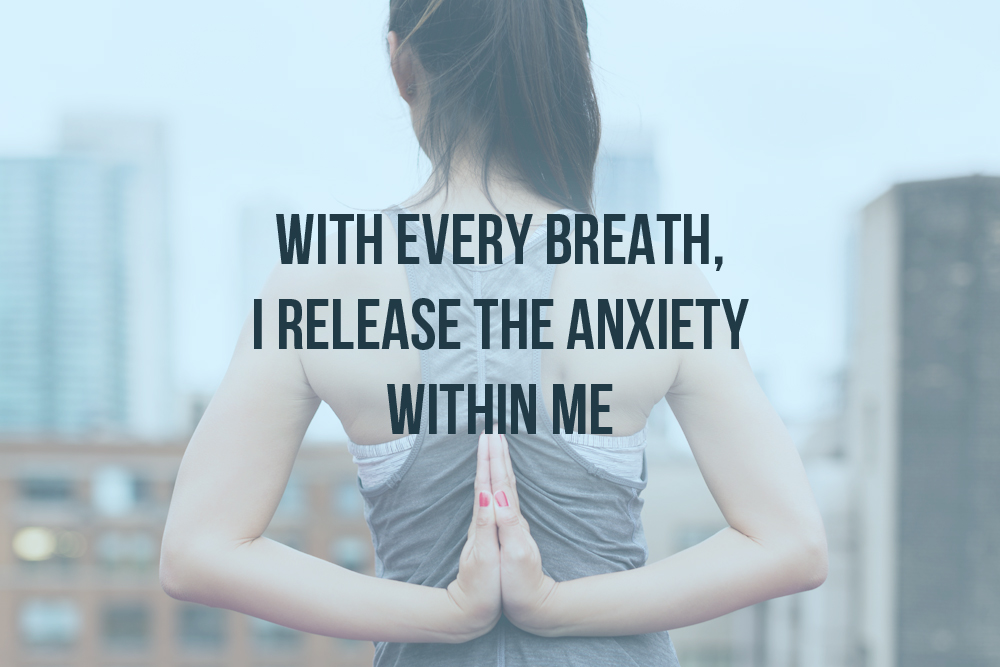Understanding Dialectical Behavioral Therapy (DBT)
Is there really a difference between CBT and DBT? Both Cognitive Behavioral Therapy (CBT) and Dialectical Behavioral Therapy (DBT) come from the same family of psychotherapy. Psychotherapy is one of the best treatment methods available to treat a wide range of emotional and physical health conditions, like depression and anxiety….







 Each year there are many studies conducted to determine the number of children suffering from mental illnesses, what these illnesses are and how many children and teens are seeking help.
Each year there are many studies conducted to determine the number of children suffering from mental illnesses, what these illnesses are and how many children and teens are seeking help. How to Talk About Mental Health
How to Talk About Mental Health

 Pressure put on us because of financial and professional expectations can be overwhelming, and the consequences of this work-related stress can have irreparable health effects. So, if you have vacation days, take them. They serve as the best way to improve your health by escaping the negative effects of overwork, even if it is only temporary.
Pressure put on us because of financial and professional expectations can be overwhelming, and the consequences of this work-related stress can have irreparable health effects. So, if you have vacation days, take them. They serve as the best way to improve your health by escaping the negative effects of overwork, even if it is only temporary.
 Thank you for being so honest. Your honesty brought up a topic that many people might have already touched on or made themselves aware of, but yesterday I saw another “twist.” Here is how it started:
Thank you for being so honest. Your honesty brought up a topic that many people might have already touched on or made themselves aware of, but yesterday I saw another “twist.” Here is how it started: release, meditation, whatever you want to call it. This also forces me to BREATHE deeply, which I think has more benefits to our minds than we can ever know. And just being in my own head space with my music, my movement and my breathing is what releases at least 50% of my anxiety. The workouts help me release some of the negative chaos in my head and body.”
release, meditation, whatever you want to call it. This also forces me to BREATHE deeply, which I think has more benefits to our minds than we can ever know. And just being in my own head space with my music, my movement and my breathing is what releases at least 50% of my anxiety. The workouts help me release some of the negative chaos in my head and body.”